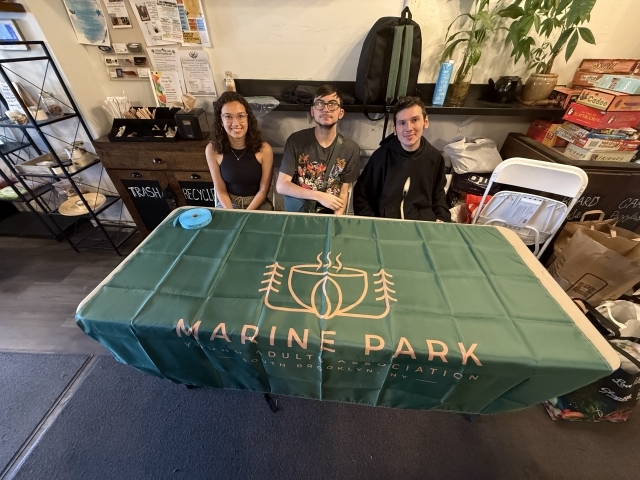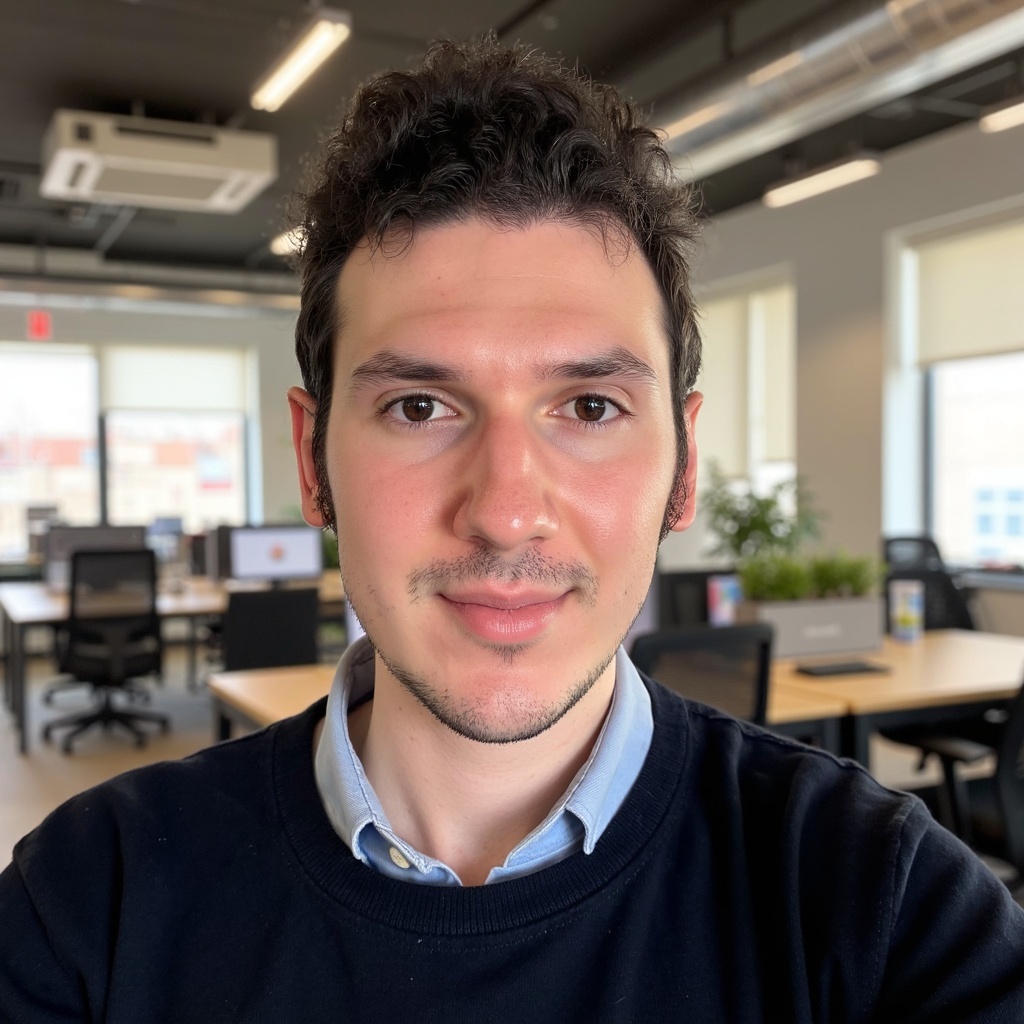How did your coursework and campus experiences at St. John’s prepare you for a career in cybersecurity?
Sam: Earning a bachelor’s degree in cyber security cystems with a minor in digital forensics at St. John’s gave me a strong foundation, both technically and professionally. Professors like Erald Troja, Ph.D.; Suzanna Schmeelk, M.B.A., Ed.D., D.P.S.; and Assistant Adjunct Professor, Sajdan Naseem, were incredibly supportive.
The ACM (Association for Computing Machinery) Student Chapter, formerly the cybersecurity club, also played a big role. When I was a first-year student, I barely knew where to start. Those lab sessions and competitions gave me the confidence and community I needed to grow.
What opportunities helped you turn that classroom knowledge into real-world experience?
Sam: I was fortunate to build hands-on experience early through an internship with the New Jersey Courts, where I worked as an Information Security Analyst Intern. I secured that opportunity under Sajed Naseem, the Chief Information Security Officer and an Assistant Adjunct Professor in The Lesley H. and William L. Collins College of Professional Studies at St. John’s University.
I truly believe that year-long internship was vital to my early success. It helped me understand how cybersecurity functions in a real organization. I also earned my CompTIA Security+ certification, which I always recommend as a great first step for anyone serious about entering the field.
About five months after graduating, I landed my current role at Gen II Fund Services. The job search wasn’t easy, but between the internship, certification, and support from St. John’s faculty, I felt prepared.
As you began your career, what skills did you find most important for success?
Sam: Employers definitely look for technical foundations like a degree, certifications, and internship experience. However, soft skills such as communication, teamwork, and adaptability are just as critical.
You need to be able to explain complex issues clearly, collaborate across departments, and think on your feet. Resilience and curiosity go a long way, too. There’s always something new to learn.
What’s one of the biggest career misconceptions people have?
Sam: A big one is that cybersecurity is an entry-level field. The truth is, most employers want to see some prior experience. That doesn’t mean it’s impossible to get started, but it does mean you should build your foundation first.
I often tell students to start with information technology roles such as help desk or systems support, get certified, and then transition into cybersecurity. Those experiences give you the context and troubleshooting skills that make you more effective once you’re in the field.
Cybersecurity is constantly evolving. How do you continue learning and pushing your skills forward?
Sam: I’ve been involved with the U.S. Cyber Games, a national initiative that identifies and trains some of the country’s top cybersecurity talent to represent the United States in international competitions like the International Cybersecurity Challenge (ICC). The program brings together students and professionals to strengthen technical skills, teamwork, and cyber defense readiness through hands-on training and competition.
Last year, I competed to be part of the US Cyber Team and advanced to the semifinals after several rounds of technical challenges and assessments. It was an incredible experience that pushed me to apply advanced skills in areas like network defense, threat analysis, and incident response, all while collaborating with talented individuals from across the country.
This year, I’ve returned to the program as a Technical Mentor, where I assist with curriculum development and coaching. I recently helped deliver a lecture on attack and defense fundamentals and supported the identification of open-source projects with exploitable vulnerabilities for the team’s CVE (Common Vulnerabilities and Exposures) exercises. It’s rewarding to help shape the next generation of cybersecurity professionals while continuing to grow my own skills.
Outside of work, how do you unwind from the demands of cybersecurity?
Sam: I’m passionate about giving back to my community. I’m part of the Liberty Kiwanis Cub in Bay Ridge, Brooklyn, and I founded a nonprofit called the Marine Park Young Adults Association, Inc. We host movie nights, trivia, karaoke, and game nights for people ages 18–35. It’s an affordable way for young adults to connect and build community.
Finally, what advice would you share with students who are just starting to explore a career in cybersecurity?
Sam: Don’t be intimidated by how broad the field is; use it to your advantage. Cybersecurity has so many paths. Try to explore each area early so you can focus on what excites you most.
Also, take advantage of Artificial Intelligence (AI) tools instead of fearing them. In my role, I use AI-based tools like Claude to streamline analysis. The key is learning to use these technologies responsibly and strategically—they can make you more effective, not replace you.

